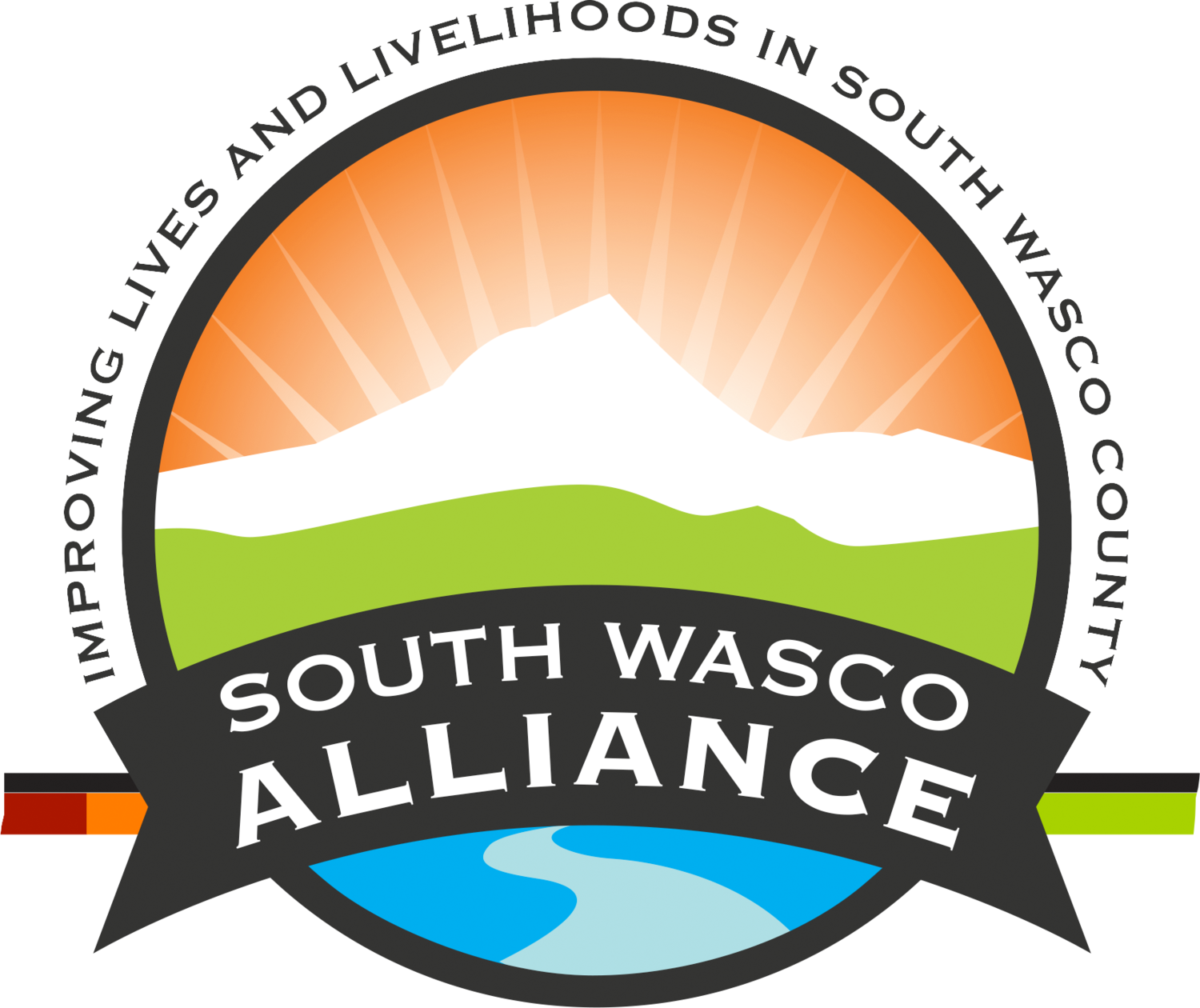At-Home Food Processing in Oregon
Are you interested in selling goods that you process or produce, but you don’t have a commercial kitchen?
It’s easier than you think to get started at home. Oregon law provides some exemptions to licensing that make it easier for home chefs to produce and sell foods directly to customers. There are a few requirements that need to be met but overall these laws make it less confusing and cut through some of the red tape associated with starting a small food business. This article will provide an overview but does not intend to serve as legal advice. We encourage you to read the handouts and webpages that we link in thie article before applying these laws and exemptions to your business.
Interested in processing food at home for your family, but haven’t tried it before? Check out Preserving the Harvest, an online event coming up on August 11!
In Oregon you can sell some foods prepared in your home direct to customers without a license. That’s right: in 2016 Oregon passed a cottage food law (The Oregon Baking Bill) that allows people to prepare non-potentially hazardous baked goods and confectionaries as long as they do not exceed $20,000 in sales. Non-potentially hazardous food mean foods that do not require temperature control for the safety of the food product. If you are making and selling food under the Oregon Baking Bill, you are required to maintain a food handler’s license and you can only sell directly to the consumer. You cannot sell to a store or to someone who plans to sell to others. If you want to do this type of indirect sales, then state law requires further licensing. Always refer back to Oregon’s food safety licensing information. There is a specific section on the state website can give you more details about what you can do without a license. Visit it here.
What about processing the food I grow?
A different law covers food processed after growing it. Oregon Farm Direct Marketing Law allows low-risk food processing without a license. If you farm and make products with what you grow, this law is for you. The flowchart below breaks down some of the specific rules. To view the original publication and learn more, visit here.
If you’re thinking about starting your own food business and you want to learn more about getting a “domestic kitchen license” for foods that are not exempt from licensing, visit Oregon.gov to learn about the requirements.
The domestic kitchen license will provide a license for your home kitchen, which is the primary kitchen used for personal food preparation in the home. This does not cover foods prepared in a garage, basement, or other preparation space, which will need a different license. Please note that the following will still be exempt under a domestic kitchen license: Low-acid food canning, dairy processing (such as homemade ice cream), and meat cutting or processing.
Have more questions? Oregon State Univeristy Extension and Oregon.gov are great resources for futher reading. If you feel that you want or need a more formal introduction to starting a food business you can check out the Small Business Development Center (SBDC). The SBDC has centers in many Oregon community colleges including the Columbia Gorge Community College.
Now good luck and get cooking!
